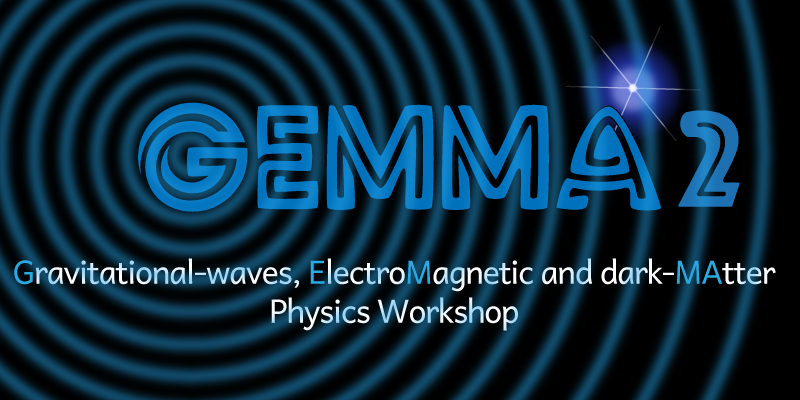Description
Newly-born neutron stars, resulting from supernova explosions or mergers between neutron stars and/or white dwarfs, can exhibit strong magnetic fields and instabilities at their early stage, with consequent emission of long-lived gravitational waves. Searches for those gravitational waves are typically carried on with so-called semi-coherent methods, which are less sensitive with respect to an ideal matched filter. In the work presented here, I introduce the triangular filter, a low-pass an-isotropic two-dimensional filter that reduces the noise not compatible with the expected time-frequency pattern of the gravitational-wave signal in time-frequency maps. I show that the application of this filter to the Generalized Frequency-Hough procedure improves by a 20-30% the search sensitivity at fixed false alarm probability.

